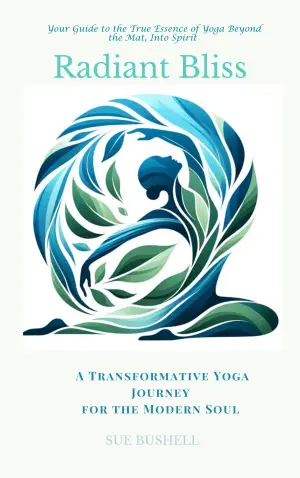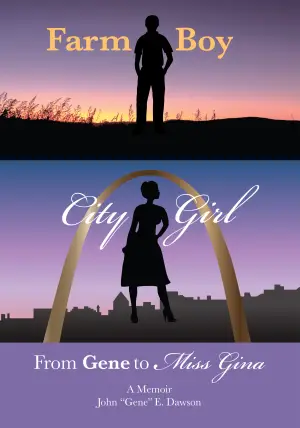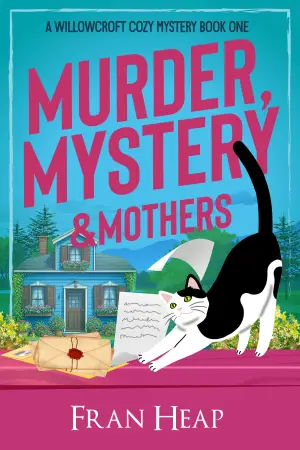Discovering My Voice Through Melinda’s Silence: A Reflection on Speak by Laurie Halse Anderson
When I picked up Speak by Laurie Halse Anderson, I had no idea that it would resonate so deeply with my own silent struggles. From the moment I delved into Melinda Sordino’s journey of isolation and eventual empowerment, I felt an uncanny familiarity. It’s a book that not only speaks but also listens, urging its readers to reflect on the power of voice and the burden of silence.
At its core, Speak is about confronting trauma and the often horrifying chasm of misunderstanding that can ensue. Melinda, a high school freshman, becomes an outcast after calling the police during a traumatic party. While her peers shun her and recipe vicious rumors, we are granted intimate access to her internal monologue—a place where anguish and longing for connection live. This portrayal feels achingly genuine, echoing the very real struggles many face when they feel unseen and unheard.
One particular quote struck me: “It is easier not to say anything.” This sentiment encapsulates the immense weight of silence that Melinda endures. I can relate to the overwhelming urge to mute oneself, to avoid vulnerability for fear of judgment, a feeling that many of us have navigated in our own lives. Melinda’s journey is not simply about healing from her past but about learning to articulate her story amidst a cacophony of shame.
Anderson’s writing style is stark and poignant, making the 197 pages feel both fleeting and heavy. The narrative flows with an almost poetic cadence, punctuated by Melinda’s vivid art projects that serve as metaphors for her healing, showcasing various dimensions of her internal struggle. Each piece she creates is a step toward reclaiming her voice, rendering phrases such as, “You have to know what you stand for, not just what you stand against,” particularly impactful.
One of the standout elements for me was Melinda’s relationship with her art teacher, Mr. Freeman. His encouragement represents a flicker of hope in Melinda’s dark world—proof that connection and support can exist even amidst isolation. I found myself rooting for Melinda every step of the way, wishing she could confront not just her peers, but the darker corners of her own heart.
As the pages turned, I was captivated not only by Melinda’s internal dialogue but also by the cruel reality of her high school environment. Characters like Heather exemplify the complexities of teenage friendships—manipulative and self-serving, yet sometimes mistaken as loyal. These dynamics shed light on the painful aspect of identity in adolescence; how we often mold ourselves to fit in while yearning for authenticity.
In conclusion, I believe Speak is a crucial read for those who have ever felt the weight of silence pressing on them. It offers not just a narrative of survival but a powerful reminder of the importance of finding one’s voice. For anyone grappling with their own story, this book might just be the lifeline you didn’t know you needed. It’s a poignant reflection on healing, resilience, and the undeniable power of self-expression—an experience that truly changed the way I view silence, and perhaps, helped me understand my own journey a bit more.
Speak is not just a story. It’s an invitation to listen, to reflect, and ultimately, to speak.












